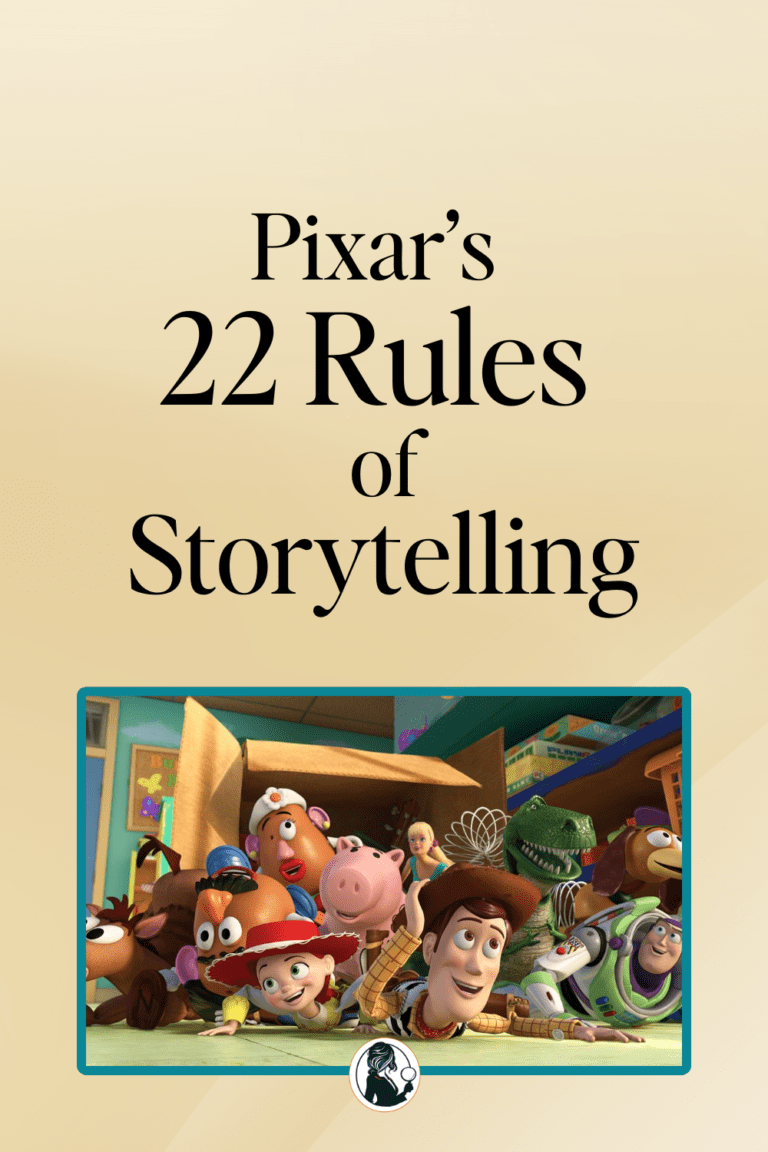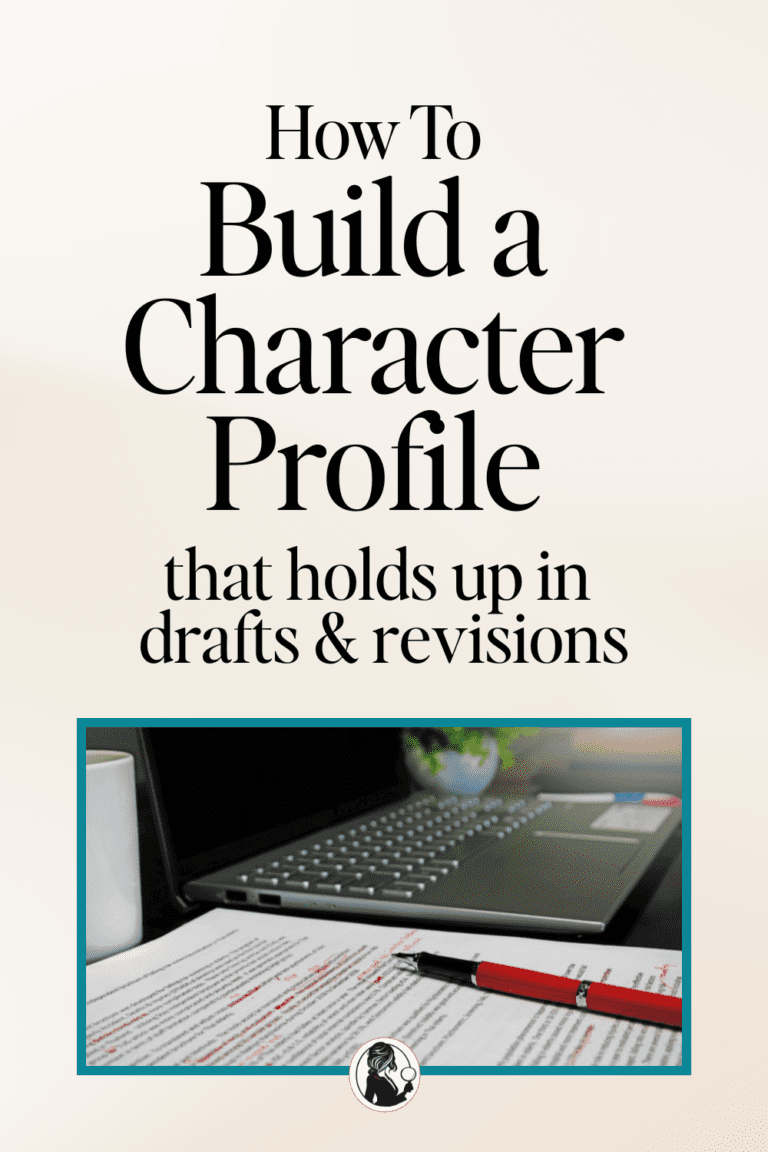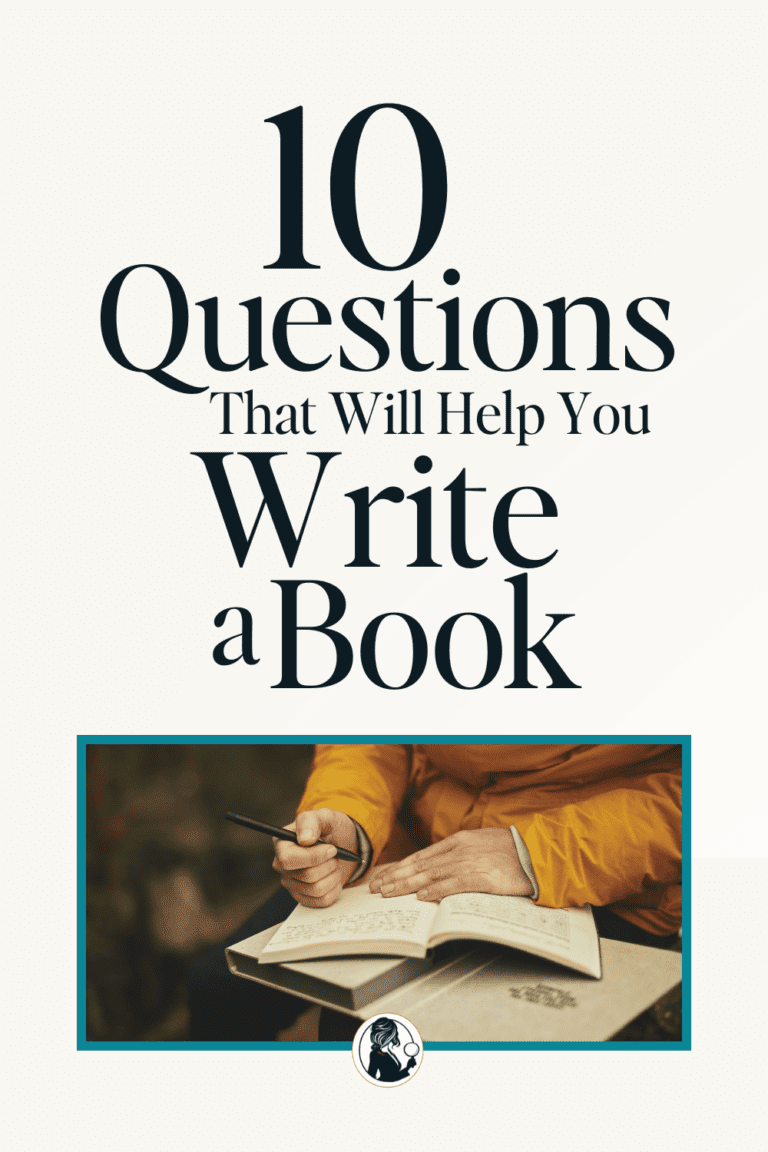Positivity and Protagonists – Get a Shot of Focus from Donald Maass
I love reading something that hits just the right way at just the right (or write) time…. And often times, I’ll find those article on Writer Unboxed. Like this article below, by #Donald Maass — Talking about Positivity and Protagonists:
Compassion is different than pathos.
Compassion is different than pathos. Rather than poor me, it says poor you! It allows plot circumstances to be a bitch and personal journeys to be hard, but it doesn’t permit defeat to be a pervasive condition of existence. Pathos is rooted in despair. Compassion is rooted in hope. The same story can transmit either feeling to readers. It can burden readers with worry or it can inspire readers to believe. It can cause dread or stir expectation. How characters experience their experience in turn determines how readers experience a novel.
Many stories I read are built on a foundation of pathos. See how sad things are! Watch my character rise and triumph in spite of that! While that sounds okay, it is really saying that these authors deep down believe that we are all helpless. The author is saying in effect, poor me!
How does your protagonist see himself or herself? If I were to ask you, you’d probably say that your main character is yearning, challenged, responsible and active. Am I right? Then why is it that so many protagonists come across instead as suffering, helpless, weak and lost? If you don’t believe me come and read my slush pile, or just head to your local independent bookstore and sample what’s on the shelves. Many protagonists are not lit by a spirit of compassion but are instead infected with woe.
Stories have intentions. They have moods. They send signals to readers that set readers’ expectations and influence their orientation to the tale, to themselves and to life, at least for a time. We could say these signals are sent by the author’s voice, but more precisely they come from how protagonists behave, speak, think and feel on the page.
A week ago Barbara O’Neal gave us a wonderful post called Positive Thinking for Writers. It started me thinking. Writers aren’t the only ones who could benefit from a positive outlook.
Many protagonists are not lit by a spirit of compassion but are instead infected with woe.
It rings so true, and while I’m thinking about Cordelia, my last sibling to write for in the Willoughby Family series, I find that this post holds something worthwhile for her. And for me.
And if you’re ever in need of something to help push your writing, your thoughts about writing, or help you look at getting past a sticky, stuck scene… there is no one better than Donald Maass on providing prompts to make you think differently:
In this scene, find a way for your protagonist to change something.
In this scene, allow your protagonist to feel that what’s happening is good.
In this scene, pause and allow your protagonist to appreciate something cool, neat, beautiful, human or different.
In the scene you’re working on, what mood is your protagonist in? Does he or she feel helpless, set upon, oppressed, avoidant, incapable or trapped? Turn it around. Show through action or speech that he or she is capable, challenged, has a plan, has options, can face up and affect the outcome.
What mood are you in today? Are you down, discouraged, afraid, anxious, tired, envious, stuck, or lacking confidence? Turn your mood around. Breathe. Meditate. Drink green tea. Go for a run. Use affirmations. Shake it off and become excited, empowered, brave, singular, happy, grateful, curious, and creative.
Today write not just at a safe fifty-five miles per hour but blast off. Break the box. In the scene you’re working on, surprise the hell out of yourself.
Featured image by Marta Zappia Photography





